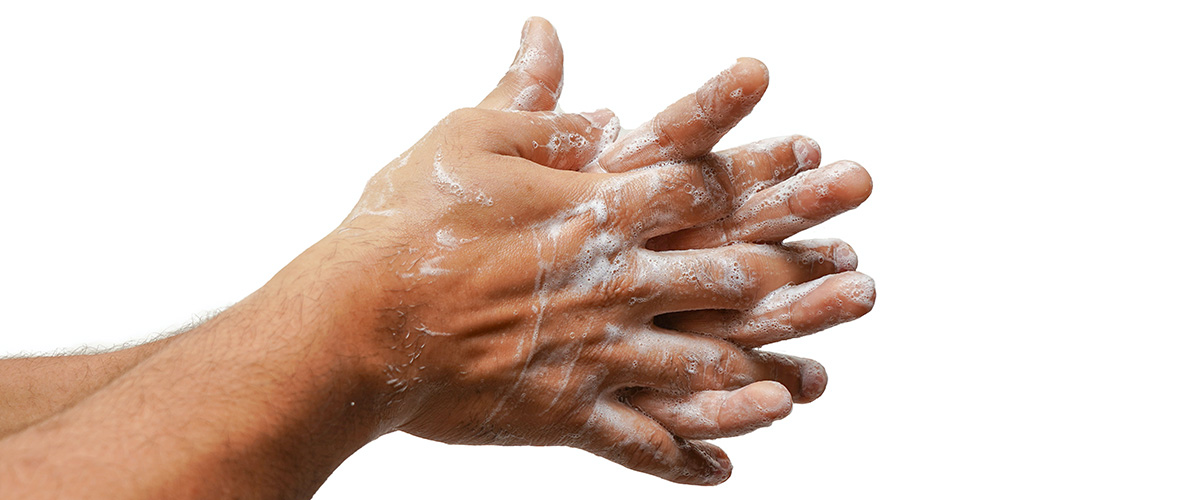Both soap and soap-free cleansers do exactly the same thing; they clean the skin and work by lifting dirt and contaminants from the skin.
The difference is in how the products are made and the ingredients that are used, not in their effectiveness. Soap, owing to a naturally high pH, can be irritating to the skin, whereas non-soap based cleansers are usually pH balanced, so they are gentler on the skin. It's also important to note that if a soap and a soap-free cleanser both contain surfactants then they should produce the same effects - the only difference is the type of surfactant used (this can vary between products).
While research is limited on if soap or soap-free cleansers have an effect on viruses, the little evidence that is available suggests that viruses may be inactivated when any soap or soap-free product is used.
So how does this happen? The few studies that have been done suggest that viruses, or 'viral envelopes'; as they're sometimes referred to, are disrupted and eventually disassembled when the surfactants in soap or soap-free cleansers combines with the lipid bilayer of the virus.
Surfactants are the key here - a surfactant is a compound that acts as an emulsifier or foaming agent, and as long as the soap or soap-free cleanser you're using contains surfactants then they should both produce the same effects.


